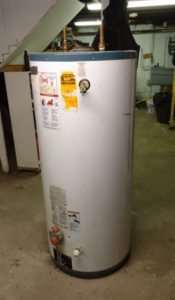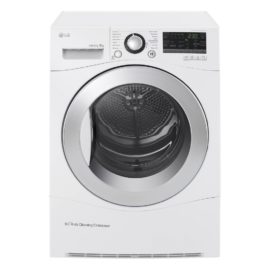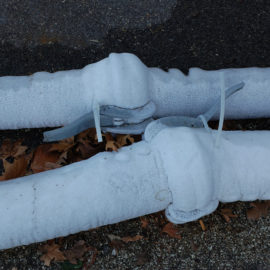
This post is a continuation from Part 1 on Is It Time to Change Your Water Heater? Lately, we have gone through
– Heating time takes too long
– Poor water supply
– Pressure reducing valve efficiency
– Choosing your water heater
– The capacity of the water heater
– Vertical or horizontal water heater?
We will now cover:
– Basic principle: instant or accumulator?
– The choice of energy
Basic principle: instant or with accumulator?
The general operation of the water heater
As its name suggests, the water heater is a device for domestic water heating, used for hygiene and cooking, among other things. The water heater is essential if your heating equipment (boiler or heat pump, for example) is not equipped with a hot water tank.
Instantaneous water heater
The instantaneous water heater heats water on demand. It has only a small tank, so it takes up little space, and there is no limit to the amount of hot water supplied. Due to its low flow rate, the pressure may be insufficient if several people are using hot water simultaneously.
Accumulator water heater

Composed of an accumulator tank, this type of water heater can store a large quantity of hot water and offers a large flow of domestic hot water when the tank is full. The temperature remains stable. On the other hand, once the tank is empty, it is necessary to wait several hours before having hot water.
The choice of energy
Between ease of installation, cost, volume, ecological sensitivity… it’s up to you to choose the energy that will power your water heater.
The electric water heater
Whether instant or accumulator, the electric water heater, which consists of a tank, a heater, and a thermostat, can be easily installed in any part of the house except damp rooms. It requires little maintenance and can operate during off-peak hours, but its energy consumption remains high.
The thermodynamic water heater
With the thermodynamic water heater, the water is heated by a heat pump that recovers the air’s energy. It must be installed in an unheated room and isolated from the rest of the house. Its high cost can quickly pay for itself if it is sufficiently used.
The solar water heater
The solar water heater captures the energy from the sun’s heat via thermal sensors and then transfers this heat to a heat transfer fluid circulating to the tank to heat the water. Whether monobloc or with separate elements, this type of water heater represents a significant investment and requires renovation work.
The gas water heater
The instant gas water heater operates on butane or propane, instant or storage gas. You cannot place it anywhere (it is prohibited in the bathroom and bedrooms), and the storage model must be connected to a drain.
All in all, if you are in South Florida, you can call Marlin Plumbing – they boast a team of professional plumbers who can be reached at any time to provide water heater installation and repairs.
Hope this post has helped you find out whether it is time to change your water heater. Don’t forget to share your experience with our readers in the section below.
You can read more here:
- How to Change the Resistance of a Water Heater;
- How to Test the Thermostat of an Electric Water Heater;
- Smart Tips to Avoid Changing Your Electric Water Heater;
- No More Hot Water: What to Do?
- How to Change the Water Inlets in Your Bathroom;
- Professional v/s Amateur Plumber;
- Which Plumbing Pipe to Choose for Your House?
- Plumbing Renovation Tips;
- How to Repair a Water Leak.



